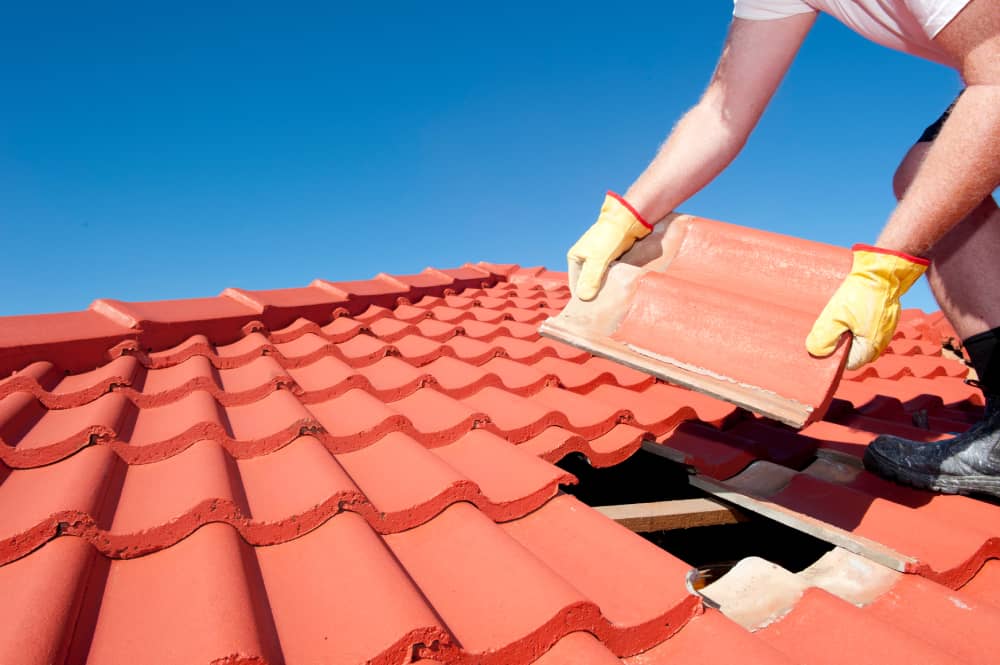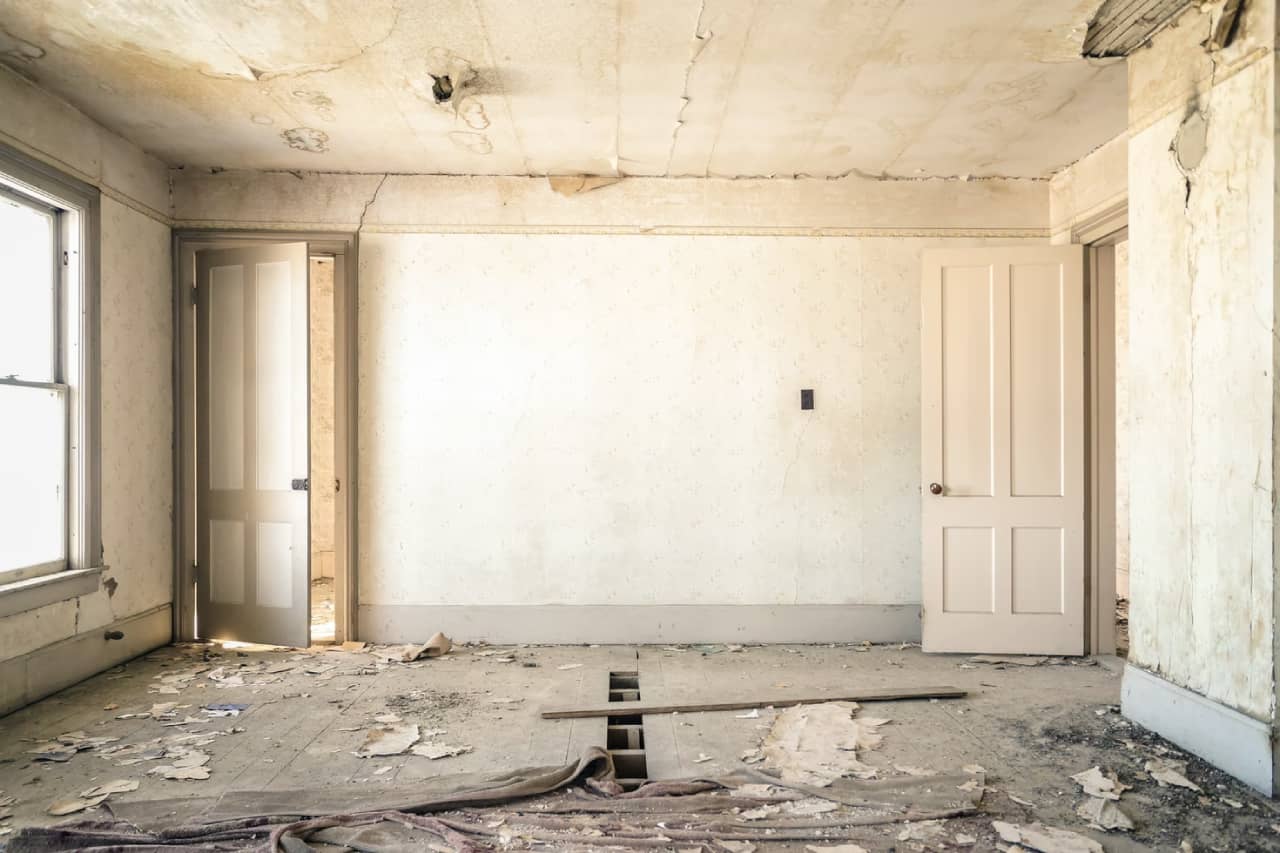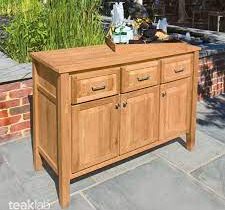If you’re considering refinancing your home to pay for renovations, you’re in luck. This option is often a great idea for homeowners who are strapped for cash but want or need to make improvements. Refinancing can also be a great way to shorten your loan term or get a lower interest rate, both of which save you tons of cash in the long run.
Here are our best tips for renovating and refinancing your home.
1. Compare the Cost With the Benefits
While refinancing can save you money on your mortgage, it’s important to remember that there are costs involved, too. Most lenders charge fees for each refinance, and the closing fees can be as much as 3 to 6 percent of the total loan.
2. You Don’t Need Money Upfront
While there are costs to consider, you may not necessarily need money upfront to refinance your home. Sometimes you can roll the closing costs into the new loan. Of course, you’ll have to pay more over the life of the loan if you utilize this method, but it may be worth the overall savings and opportunity to renovate your home.
3. Look for Savings of 1% or More
We understand that you’re mostly refinancing so you have enough cash to renovate your home, but you should also strive to save money when you refinance so you’re not cash-strapped later. Because closing costs are expensive, aim to refinance with an interest rate that’s at least 1% lower than the one you have now. That helps ensure you’re saving money in the long term.
4. Know Your Goals
Before you apply for a new loan, consider your goals. Are you hoping to renovate your home so it’s worth more when you sell in a few years? Are you needing more space for your growing family? Or are you just tired of looking at the same kitchen every day? Ideally, you will only borrow as much money as you need to meet your goals. You’ll pay interest on every dollar you borrow, so it’s best to keep a cash-out refinance at the minimum you need.
5. Take Advantage of Low-Interest Rates
Mortgage interest rates sometimes dip as low as 2 or 3 percent. It’s better to refinance your home when rates are as low as possible. If you wait till rates rise again, you’ll pay more over time. Of course, you can also refinance again later, but there are costs to consider then, too.
6. Focus on Home Equity
If you’re refinancing your home to pay for renovations, it’s important to focus on home equity. As you plan your renovations, consider things that will improve your equity once renovations are complete. Otherwise, you may not recoup your investment. While many people assume kitchen or bathroom remodels are the best options, smaller projects may have better returns. Wood flooring and a new leaf guard for gutters are two simple projects that may impress home buyers when you sell.
7. There May Be Less Expensive Options
Though refinancing can be a great way to pay for renovations, there may be less expensive options to consider. Sometimes it’s best to save cash for an improvement. You might qualify for a home equity line of credit (HELOC) or home equity loan. Review all your options before you make a final decision.
8. Consider When You’ll Sell
If you’re planning to sell your home after renovations, make sure you have enough time to recoup your new mortgage expenses. Otherwise, you could be in the hole for the renovations. If you plan to sell soon, you might do better financially if you pursue other options.
9. Need Flexibility? Consider a HELOC
A home equity line of credit generally gives you much more flexibility than a cash-out refinance. These loans require at least 20 percent equity in your home, but you can use the money for whatever you like. You only take money as you need it, so if you’re hoping to complete multiple renovations, you can use the HELOC over and over again.
10. The Best Rate Isn’t Always the Best Option
If you’re worried about interest rates, a refinance is probably your best option. However, interest rates aren’t the only thing to consider. You also need to think about the cost to refinance, the timeline, how quickly you plan to sell, and how you plan to use the money. You can review your options with your lender and accountant to compare and find the best loan for you.
Final Thoughts
Home renovations are always exciting, but it’s important to slow down and review your finances before you take on a new loan. Usually, a home refinance is a great option when you need cash, but it’s important to do your homework and compare before you make a final decision.














